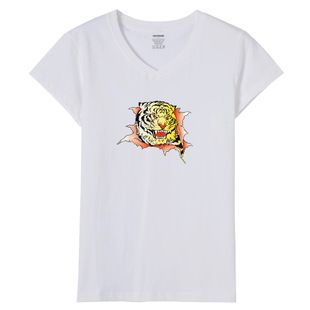There are many types of materials for high-end suits, and each material has its own unique characteristics and applicable occasions. The following are some common materials for high-end suits and their characteristics for your reference:
1. Wool: Wool is the most commonly used material for making suits. One of the best materials because of its warmth, softness and durability. Wool suits are suitable for wearing in autumn and winter, providing warmth and comfort. At the same time, wool also has moisture-wicking properties to ensure the wearer stays dry.
2. Linen: Linen is a light and breathable natural fiber material that is widely used to make summer suits. Linen fabric has good moisture absorption and breathability, which can help the body dissipate heat and give people a refreshing feeling. But linen wrinkles easily and requires more ironing and maintenance.
3. Cotton: Cotton is a soft and comfortable natural fiber material that is also used to make summer suits. Cotton fabric has good breathability and strong moisture absorption, which can keep the skin dry. However, compared to linen, cotton has a lower luster and wrinkles easily.
4. Silk: Silk is a luxurious and elegant fabric choice that is often used to make suits for formal occasions. Silk has a nice luster and soft touch, making it perfect for night events or special occasions. However, silk is prone to fading and damage and requires special care.
5. Satin: Satin is a smooth and shiny fabric that is often used to make evening dresses and suits for formal occasions. It has a high level of gloss and softness for a gorgeous look. But satin is prone to static electricity and can appear too formal in some situations.
6. Velvet: Velvet is a soft fabric that is often used to make suits for winter or dinner occasions. The suede has a rich texture and good warmth retention, giving it a luxurious feel. However, suede suits require care to avoid pilling or damage.
In addition to the above materials, there are other common materials for high-end suits, such as cashmere, linen, mixed fibers, etc. Choosing the right material depends on factors such as personal preference, season, climate and occasion. At the same time, you also need to pay attention to the quality of the fabric and the production process to ensure you get a high-quality couture suit.






